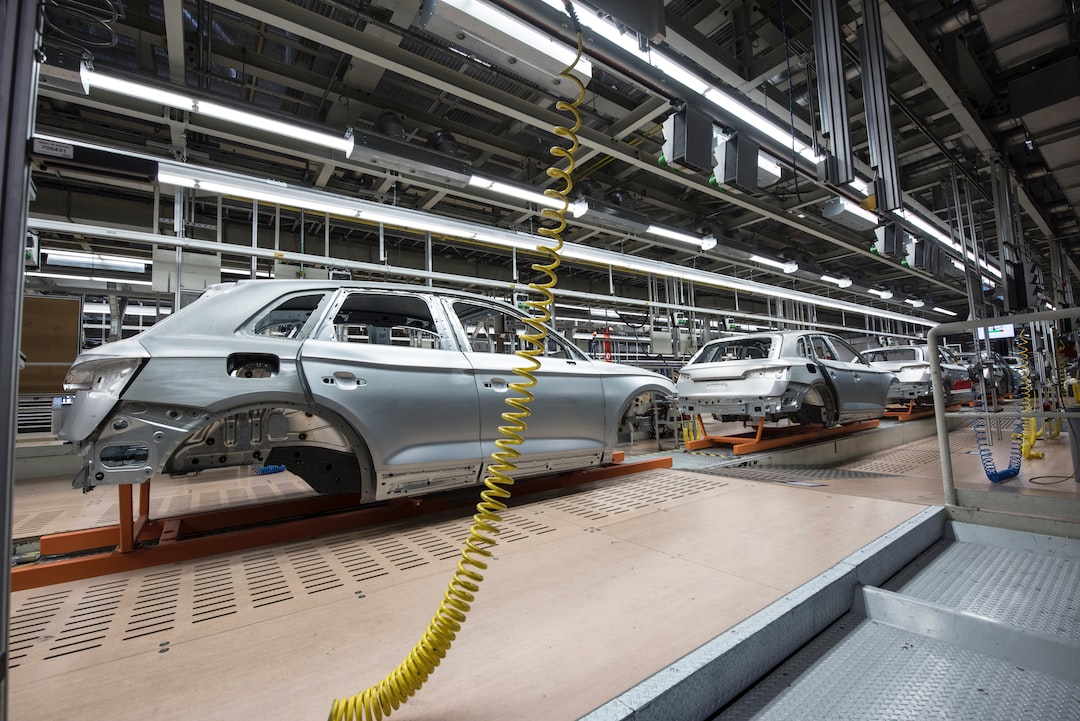The Pros and Cons of Leasing vs. Buying a Car
Choosing whether to lease or buy a car is a significant decision that can greatly impact your financial situation. Both options have their own set of advantages and disadvantages, and it’s essential to weigh them carefully before making a choice that suits your needs and lifestyle. In this article, we will discuss the pros and cons of leasing and buying a car to help you make an informed decision.
Leasing a car, especially for those who prefer driving a new vehicle every few years, can offer several advantages. Firstly, leasing typically requires a lower down payment and monthly payment than buying. This allows individuals who may not have the means to purchase a car outright to still drive a new vehicle. Secondly, leased cars usually have an active manufacturer warranty, meaning that repair and maintenance costs are mostly covered by the warranty for the duration of the lease. This offers peace of mind and saves on any unexpected expenses. Additionally, as technology rapidly evolves, leasing allows drivers to stay up-to-date with the latest features and advancements in the automotive industry.
On the other hand, buying a car comes with its own set of benefits. One significant advantage is that once the payments are completed, the car becomes your asset, giving you complete ownership. Unlike leasing, which requires returning the vehicle at the end of the lease term, buying allows you to keep the car for as long as you desire without any restrictions. Moreover, when a car is bought, you have the freedom to modify it according to your preferences, such as adding personalized accessories or making mechanical upgrades, enhancing the overall driving experience. Additionally, the absence of mileage restrictions is appealing to those who drive long distances regularly.
While leasing might be the more cost-effective option in the short term, it does have some drawbacks. One key disadvantage is that leasing means you never own the vehicle. At the end of the lease term, you must return the car, and any emotional attachment or sentimental value associated with the vehicle is lost. Furthermore, leasing contracts often come with mileage restrictions, and exceeding these limits may result in additional charges. If you frequently commute long distances or enjoy taking road trips, buying a car may be a more suitable option since it allows for unlimited mileage.
Buying a car, though advantageous in the long term, does come with some downsides. Purchasing a new vehicle usually requires a hefty down payment, which can be a significant expense for many individuals. Additionally, once the manufacturer warranty expires, you are responsible for the cost of repairs and maintenance. This can sometimes result in unexpected expenses, especially if the car encounters any major issues.
In conclusion, both leasing and buying a car have their own merits and demerits. Leasing offers the advantage of lower monthly payments, active warranty coverage, and the ability to drive the latest models. Buying a car provides the benefits of ownership, the freedom to modify the vehicle, and unlimited mileage. Ultimately, the decision comes down to personal preferences, financial circumstances, and the intended use of the vehicle. Whatever option you choose, it is crucial to thoroughly consider the pros and cons to make a sound decision that aligns with your needs and priorities.

